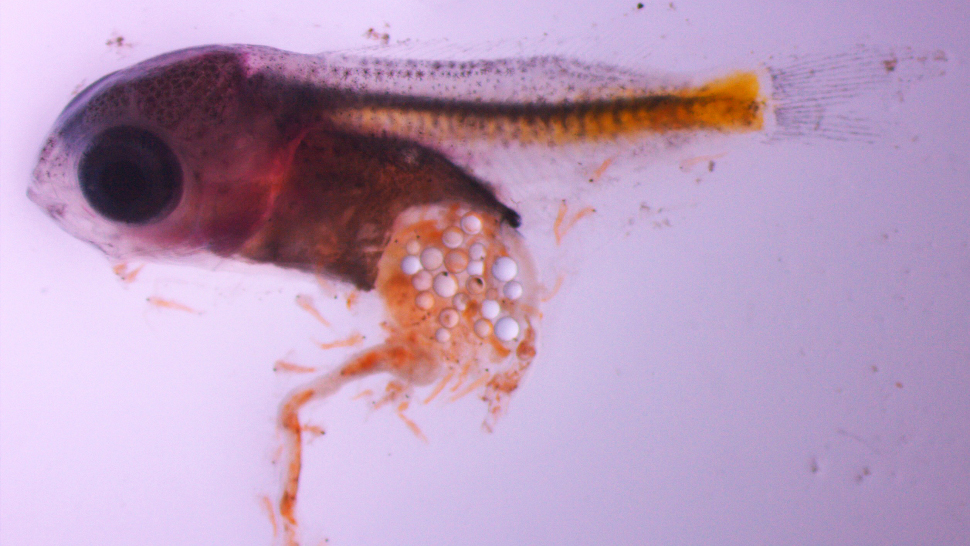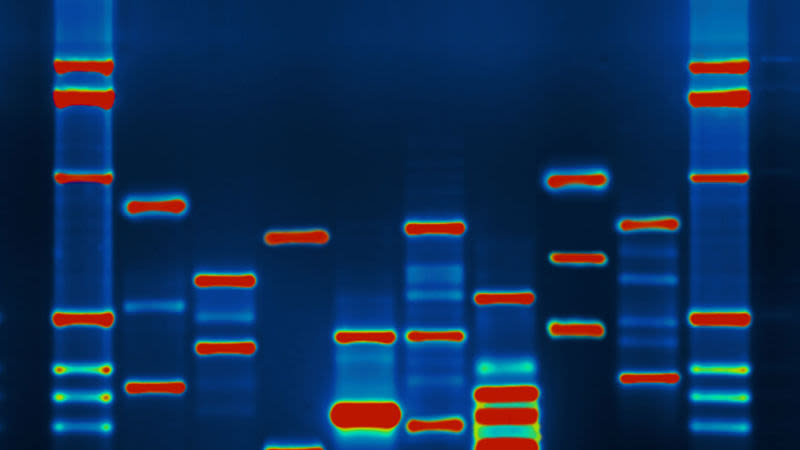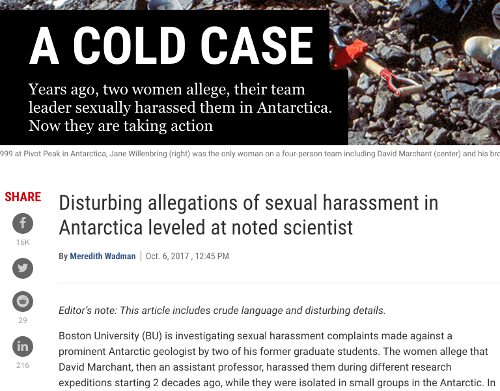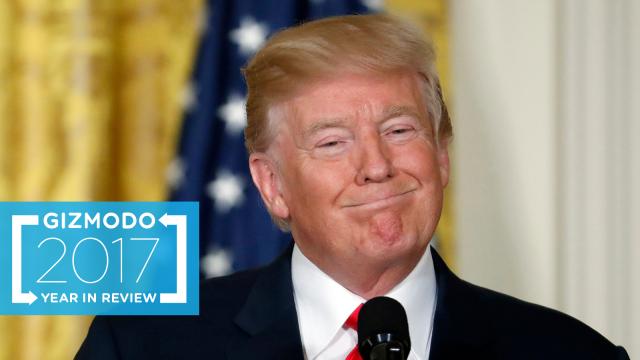Scientific progress doesn’t always look like, well, progress. Progress comes in fits and starts. Sometimes things get in the way – be they harassment, politics or just plain bad science.
Image: AP
These were the worst setbacks to science in 2017.
Donald J. Trump
Or more specifically, the battle that the Trump administration has led against science through policy, cabinet appointments and funding.
“Since President Trump took office in January 2017, his administration (aided and abetted by Congress) has waged a war on science – undermining the role of science in public policy, giving industry undue influence on decision making processes, creating a hostile environment for federal scientists, and reducing public access to scientific information,” the Union of Concerned Scientists, a nonprofit advocacy group, wrote in a report earlier this year.
No kidding.
Trump has given the ear of the White House to anti-vaxxers and climate-change deniers. He’s dragged his heels on appointing science posts, with several top science jobs still vacant after almost a year in office. When he has actually gotten around to appointing science posts, the job has frequently gone to people without traditional credentials. In general, Trump has favoured promoting a business-backed political agenda over sound and necessary science. He’s also supported funding cuts for vital US federal research institutions (but we’ll get to that in a minute).
Judging by his first year in office, anyway, it’s unlikely Trump will be remembered for his science-friendly policies.
Cuts to US federal science funding
Trump’s full 2018 US budget request, presented to Congress in May for the fiscal year that began this October, included slashing the National Science Foundation’s budget by 11 per cent, the National Institute of Health’s budget by 18 per cent, and the Environmental Protection Agency’s budget by a whopping 30 per cent. Congress has yet to approve a final budget, but so far lawmakers have indicated that they may ignore many of Trump’s requests for cuts to science funding.
In spending bills approved this spring, both the US House and the Senate actually called for an increase in NIH funding. But the budget process is far from over and cuts to critical agencies like the EPA seem inevitable. Already a budget clampdown has begun to impact key programs.
The new US tax bill currently making its way through Congress similarly could have a negative impact on science, taxing the tuition waivers that are common for graduate students in STEM.
The war against climate change action and the EPA
When Trump took office, one of his first moves was to purge mentions of “climate change” from the White House website. The administration’s war against climate change didn’t stop there. Ever since then, the words “climate change” and “global warming” have been systematically erased from US federal websites – and from the focus of organisations such as the EPA. Since January, the administration has set to work bolstering fossil fuels and rolling back any efforts to mitigate or study climate change. For one, Trump appointed Scott Pruitt, a climate change denier and industry backer who has sued the EPA on multiple occasions, to head the EPA.
In June, Pruitt, told a coal industry lobbyist that he planned to convene a team of researchers to challenge the widely accepted notion that fossil fuel emissions such as carbon dioxide are the drivers of climate change. Under Trump’s leadership, the US announced it would withdraw from the Paris agreement on climate change. And as we’ve already touched upon, the EPA is likely to see significant funding cuts in 2018.
Fake (science) news
Algorithm-driven platforms such as Facebook have allowed non-journalistic, activist-run websites, including Natural News, to achieve viral success peddling flat-out lies about topics such as GMO foods and vaccines. And “wellness” brands such as Gwyneth Paltrow’s Goop trafficked similarly in pseudoscience, but for commercial, rather than political, gain.
There are now 8000 fake science journals worldwide – legit-sounding, predatory publishers that lure researchers to publish their work without putting it through any kind of peer review, then ask for hefty fees.
And it doesn’t help that sometimes real science also winds up being, well, kind of fake. A well-known food scientist retracted four papers about the psychology of eating after critics pointed out 150 alleged errors and inconsistencies.

Damselfish larvae that has ingested microplastic particles. (Image: Oona M. Lönnstedt)
Another headline-grabbing study that warned about the effects of plastic microbeads on larval fish, it turns out, was totally faked.
Patent squabbles
The introduction of the most powerful gene editing technology ever invented – CRISPR – has spent the past three years marred by a nasty patent battle. That legal skirmish tore the science world apart, while making it clear just how draining patent claims can be in a field where resources are often already spread thin.

Image: Flickr/micahb37
UC Berkeley and the Broad Institute are pitted against each other in a bitter contest for the glory and fortune attached to the invention of CRISPR. After three years, the issue is still stuck in court on two different continents. As two researchers pointed out last month, though, the bigger issue may be the cultural significance associated with patents. Patents are treated as a trophy, a symbol that conveys credit for an innovation. Legal rights get all mixed up with scientific credit, as the CRISPR patent battle has made crystal clear.
Harassment in academia
Among the flurry of headlines this year about men in power being criminal, predatory and all-around creepy, many stories of sexual harassment have surfaced from within the scientific community. Of course, this has always been a setback in science. But now, more victims of harassment are coming forward, and we’re starting to get a sense of the scope of the problem. And it’s big.

Perhaps the most disturbing allegations to come out of 2017 were from Antarctica, where a prominent geologist reportedly harassed two of his students, including reportedly shoving one down a steep slope, hitting her with rocks, and calling her a “whore”. Abusive, powerful men in science, it turns out, are just like abusive, powerful men elsewhere – PhD notwithstanding.
The good news is that some research institutions seem to actually be doing something about it. But there is still a long way to go.
